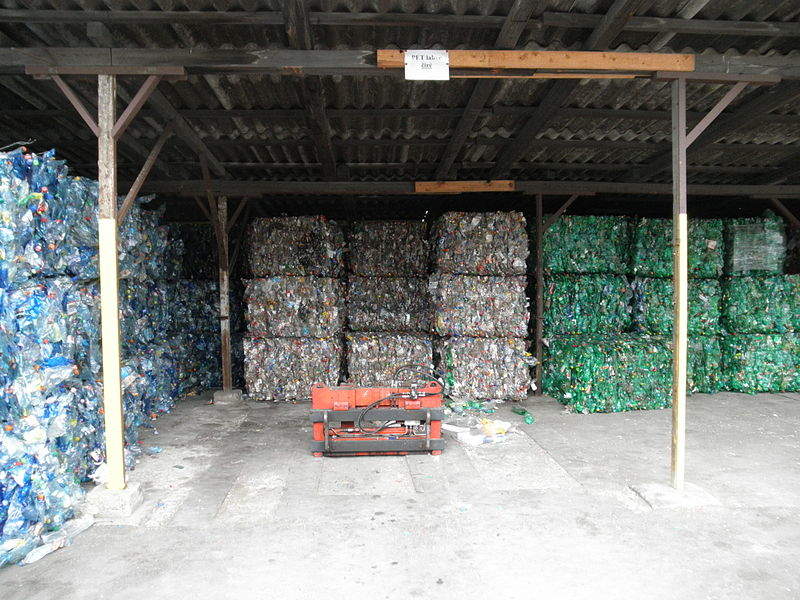
A report released by the National Association for PET Container Resources (NAPCOR) and the Association of Plastic Recyclers (APR) has indicated a 3% increase in the total volume of polyethylene terephthalate (PET) bottles available for recycling in the US.
The Report on Postconsumer PET Container Recycling Activity in 2016 showed a 2.4% decrease in the total collection volume with a recycling rate of 28.4% for PET bottles.

Discover B2B Marketing That Performs
Combine business intelligence and editorial excellence to reach engaged professionals across 36 leading media platforms.
During the year, the total volume of PET resin used in bottles and potentially available for recycling was 6,172 million pounds (Mlb), of which 1,753Mlb was collected, 1,374Mlb was purchased and processed and 379Mlb was exported.
NAPCOR chairman Tom Busard said: “This was a strong year for PET bottle market growth, but another difficult one for the PET recycling industry.
“The challenges we saw in 2015, low virgin resin pricing and uncertain demand in both recycled scrap and RPET end markets, continued to impact the industry in 2016.
“Despite these obstacles, the volume of PET collected in the US and utilised by domestic reclaimers stayed consistent with that of 2015, and RPET used in domestic end market applications was up.”

US Tariffs are shifting - will you react or anticipate?
Don’t let policy changes catch you off guard. Stay proactive with real-time data and expert analysis.
By GlobalDataThe report further revealed a rise in the total volumes of RPET used for end market applications in the US and Canada by more than 5% accounting to 1,501Mlb.
While the year had seen a growth in fibre, bottle and strapping markets, the use of RPET in sheets and thermoforms potentially decreased due to the effect of low virgin prices.
NAPCOR and the APR are taking necessary steps, including enhanced capturing of PET from the waste stream, improve processing efficiency and minimise non-PET contamination in recycling streams, to overcome the challenges of the PET recycling industry.





